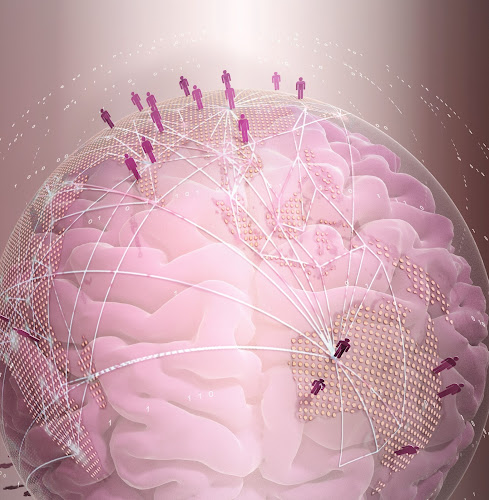 |
| According to Yuri Pavlov, the positive effect of sleep on memory can be observed years later. Photo Credit: Nadezhda Pavlova |
Scientists from Ural Federal University and the University of Tübingen (Germany) studied the effect of sleep on the formation and translation of primary memories of something scary into long-term memory. Neurobiologists discovered that sleeping during the day strengthens memory of disturbing and frightening events, but a similar effect of memory strengthening is also observed after a period of calm wakefulness. The findings will be useful for developing rehabilitation strategies for people who have been emotionally traumatized by disasters, warfare, and violence. The study was published in the journal Cognitive, Affective, & Behavioral Neuroscience.
Memory consolidation - the transition of memories from short-term memory to long-term memory - occurs primarily during sleep. Studies show that sleep after learning can have positive effects that are superior to passive wakefulness. This occurs by reactivating important memories, which may also be reflected in dreams. The positive effects of dreaming can be observed even years later. However, there are currently no studies that analyze whether sleep enhances the effect of remembering emotionally difficult events. Therefore, scientists decided to find out how sleep affects the memory of a person's experience of fear.











.jpg)



.jpg)

